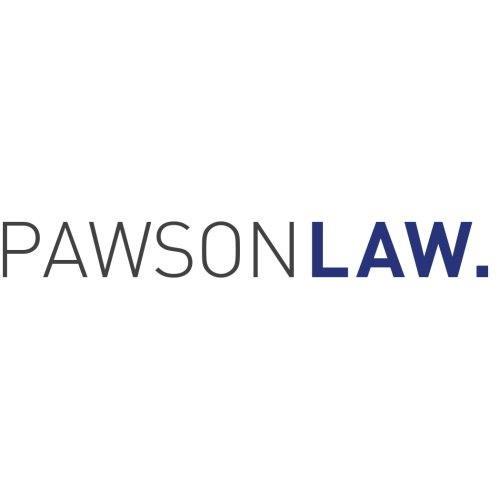Best Arrests & Searches Lawyers in Tauranga
Share your needs with us, get contacted by law firms.
Free. Takes 2 min.
List of the best lawyers in Tauranga, New Zealand
About Arrests & Searches Law in Tauranga, New Zealand
Most of the laws regarding arrests and searches in Tauranga fall under the national jurisdiction of New Zealand. These laws outline the legality of procedures in which the law enforcement agencies like the New Zealand Police can arrest, search, or seize belongings. Key statutes include the New Zealand Bill of Rights Act 1990 and Search and Surveillance Act 2012. While these laws serve to empower law enforcement agencies, they simultaneously require them to respect individual rights and freedoms.
Why You May Need a Lawyer
Law professionals can provide assistance if you believe your rights have been breached during the arrest or search process. This could include cases of unreasonable search and seizure, unnecessary use of force, or if you were not informed of your rights during the arrest. Lawyers can also aid in instances where you have been wrongfully arrested or require legal representation in court.
Local Laws Overview
The Bill of Rights Act 1990 safeguards individual liberties and restricts the government's power. It covers aspects such as the right to avoid unreasonable search and seizure, the right to a fair trial, and the right to consult and instruct a lawyer. The Search and Surveillance Act 2012 further outlines how police and other law enforcement agencies are to conduct arrests, searches, and surveillance. It is vital to familiarize yourself with these laws to understand your rights in the event of encountering law enforcements.
Frequently Asked Questions
Q: Can I refuse to be searched without a warrant?
Yes, you can refuse. However, police can perform a search without a warrant under certain circumstances, such as if they believe you possess drugs or if there is a risk that evidence may be destroyed.
Q: What happens if I am wrongfully arrested?
If you are unlawfully arrested, you should consult with a lawyer. You might be eligible to pursue legal remedies such as a false arrest claim.
Q: Can I resist arrest?
Resisting arrest can lead to serious charges. It's recommended to comply with law enforcement and consult with a lawyer after the arrest.
Q: Do police have to read my rights when arresting me?
Yes, they should inform you of the reason for your arrest and the fact that you have a right to remain silent and consult a lawyer.
Q: What should I do if I believe the police have violated my rights?
In such cases, you should get in touch with a lawyer and consider filing a complaint to the Independent Police Conduct Authority (IPCA).
Additional Resources
Apart from hiring a lawyer, resources like the New Zealand Law Society and the Ministry of Justice provide useful information related to arrests and searches law. For complaints against police behaviour, the IPCA is an essential resource. These can provide invaluable guidance and aid in your circumstances.
Next Steps
If you believe you require legal assistance, it’s advised to consult a lawyer immediately. Law firms in Tauranga offer expert legal representation, and legal aid may be available for those who need it. The New Zealand Law Society can help you get in touch with the right legal advisor for your situation.
Lawzana helps you find the best lawyers and law firms in Tauranga through a curated and pre-screened list of qualified legal professionals. Our platform offers rankings and detailed profiles of attorneys and law firms, allowing you to compare based on practice areas, including Arrests & Searches, experience, and client feedback.
Each profile includes a description of the firm's areas of practice, client reviews, team members and partners, year of establishment, spoken languages, office locations, contact information, social media presence, and any published articles or resources. Most firms on our platform speak English and are experienced in both local and international legal matters.
Get a quote from top-rated law firms in Tauranga, New Zealand — quickly, securely, and without unnecessary hassle.
Disclaimer:
The information provided on this page is for general informational purposes only and does not constitute legal advice. While we strive to ensure the accuracy and relevance of the content, legal information may change over time, and interpretations of the law can vary. You should always consult with a qualified legal professional for advice specific to your situation.
We disclaim all liability for actions taken or not taken based on the content of this page. If you believe any information is incorrect or outdated, please contact us, and we will review and update it where appropriate.











